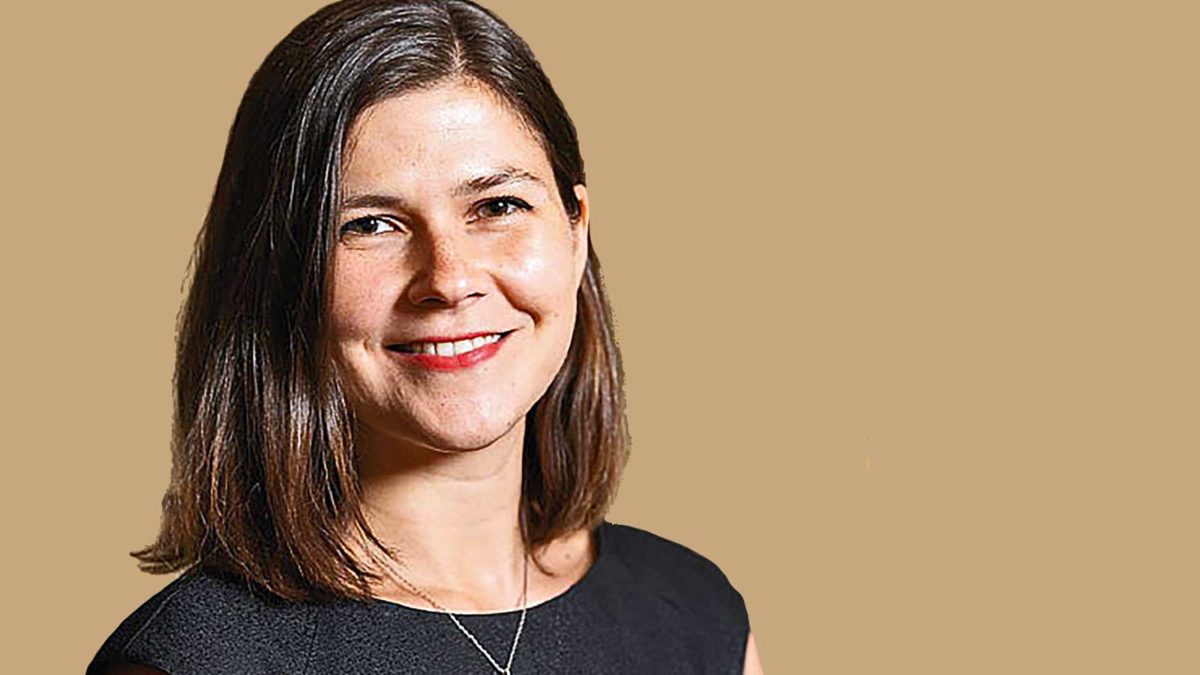Assets up, profits flat, future downbeat: consultants look ahead for global fund industry
New studies from two big-name consulting firms show the global funds industry struggled to increase profit margins in 2020 despite reporting bumper growth in assets under management (AUM).
Reports from both EY and the Boston Consulting Group (BCG) found double-digit expansion in global funds management AUM during 2020.
The BCG study says AUM increased year-on-year from about 10 per cent in Europe to 12 per cent in North America, fueled by strong growth in retail and institutional markets.
“Yet across the board, profitability was largely flat in comparison with 2019, as costs and fee compression kept operating profits hovering at around 34% of net revenues,” the report says.
While retail and institutional AUM rose by a similar proportion last year, the BCG paper says the former sector dominated flows into the market.
“Retail investors were the main driver of net inflow, contributing 4.4% of net new capital in 2020, twice the size of the contribution made by institutional investors (2.2%),” the report says.
According to the BCG analysis titled ‘The $100 trillion machine’, retail funds hit US$42 trillion by the end of 2020 as institutional AUM closed out the year with US$63 trillion.
Meanwhile, the EY report found “the industry’s largest firms enjoyed a collective growth of 14.6% in assets under management (AUM) during 2020”.
“But a closer look shows that more than 75% of AUM growth was due to market movements, and that a handful of firms captured the bulk of net inflows,” the EY study says. “Revenue growth trailed far behind AUM growth at 3.6%, and with expenses growing by 6.1%, there was a decline of 1.7 percentage points in average operating margins.”
And the funds management industry is set to face a tighter margin squeeze over the next five years, EY says, as competition, regulation, demographic trends, the shift to cheap passive strategies, economic factors and spending needs combine to stymie growth as well as increase costs.
“EY modeling shows that these trends will have dramatic effects on profitability. The base scenario for 2021-25, which assumes AUM growth of 15% over five years, expects average operating margins to decrease by 0.8 percentage points. Most firms will see profitability fall faster than this, due to the accelerating ‘winner takes all’ phenomenon,” the report says.
“That will make it hard for many asset managers -especially small- and medium-sized firms without a demonstrable source of differentiation – to survive in their current form. Furthermore, EY modeling shows that a pessimistic scenario (with a market correction holding AUM flat over the next five years) would lead to a 7.3 percentage point reduction in average operating margins by 2025.”
EY also lists 10 challenges for fund managers to consider as potential game-changers over the following decade, including if:
- the industry’s purpose was to provide every adult in the world with the knowledge and opportunity to participate in the growth of capital markets;
- asset managers’ performance was measured on the long-term value they create for all stakeholders, not just shareholders;
- every investor knew the impact of the assets they held;
- index providers partnered with technology firms to become the largest asset managers;
- reimagining the idea of ‘work’ allowed asset managers to employ more diverse talent in more diverse locations;
- asset management was transformed from the most fragmented to the most concentrated industry;
- fractional ownership removed the need for funds;
- combination of AI and quantum computing could replace human portfolio managers;
- asset management fees were based on the creation of long-term value; and,
- direct-to-customer relationships were the norm, not the exception.
Both the EY and BCG studies place the funds management industry at a point of major change, requiring upgrades to business strategies and operating models.
“… it is becoming increasingly clear that asset managers are entering a new era that will require them to adapt to new ways of doing business,” the BCG report says. “… These new realities present challenges but also multiple opportunities for growth. Indeed, the next big task for all industry players will be to carve out a suitable growth strategy as they rethink every aspect of their business, from client engagement to investment products.”
The BCG report panel of 10 authors includes New York office managing director and partner, Lubasha Heredia. EY also pooled resources to compile the ‘Are you reframing the future of asset management or is it reframing you?’ study with six consultants on the job.











